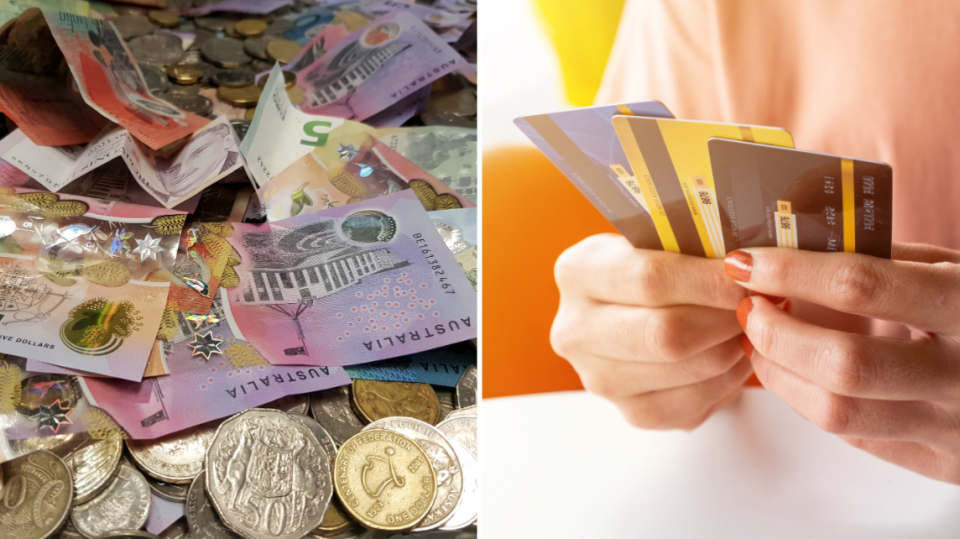‘Effectively stolen’: Banks blasted for $6.3bn act

Australia’s banks have made $6.3 billion over the last decade by choosing not to pass on interest rate cuts to credit card customers, consumer advocacy group CHOICE has said.
“Banks have effectively stolen $6.3 billion dollars from the pockets of Australians,” CHOICE CEO Alan Kirkland said.
“While the cash rate has dropped from 4.75 per cent from 0.25 per cent since 2011, credit card rates have remained stubbornly high.”
He said banks including St George and ANZ have increased rates.
“This is disappointing behaviour from an industry looking to restore trust after the scandals of the Banking Royal Commission,” Kirkland said, adding that lower credit costs could have saved Australians from falling into a “debt spiral”.
He said there was no justification for cutting mortgage rates but not interest rates for credit card products.
CHOICE listed the 12 cards with the biggest increase in rates since 2016, with Coles’ Low Rate MasterCard the highest. That card saw interest increase 3.00 per cent.
Provider name | Name | Rate at 1 April 2016 | Rate at 19 May 2020 | Change |
Coles | Low Rate MasterCard | 9.99 | 12.99 | 3.00 |
ME | frank Credit Card | 9.99 | 11.99 | 2.00 |
Police Credit Union | Extralite Credit Card | 11.99 | 13.99 | 2.00 |
ANZ | Rewards | 18.79 | 20.24 | 1.45 |
ANZ | Rewards Black | 18.79 | 20.24 | 1.45 |
ANZ | Rewards Platinum | 18.79 | 20.24 | 1.45 |
Australian Military Bank | Low Rate Visa Credit Card | 10.99 | 11.99 | 1.00 |
Bank of Melbourne | Vertigo | 13.24 | 13.99 | 0.75 |
BankSA | Vertigo | 13.24 | 13.99 | 0.75 |
Citi | Prestige | 20.74 | 21.49 | 0.75 |
St.George | Vertigo | 13.24 | 13.99 | 0.75 |
Source: Mozo (19 May 2020)
“If you’re unimpressed with the interest rate your bank is charging, you should vote with your feet,” Kirkland said
“Cancel your current credit card and switch to a bank with a lower-rate card. This will send the loudest message to the banks that they need to treat their customers fairly.”
Credit card use dipping
Australians have been ditching their plastic for the last decade, revealed Reserve Bank of Australia (RBA) figures released in January.
At the time, Australia’s credit card debt had fallen to its lowest level since 2006 with the country’s credit card balance falling $2.45 billion to $27.2 billion – a fall of 8.3 per cent.
In the 12 months to November 2019, nearly one million personal credit cards were cancelled, taking the number to 13.9 million.
And according to an RBA report released in March, Australians are increasingly choosing to pay using debit cards over credit cards.
Debit cards were used for around 45 per cent of consumer payments in 2019, up 15 percentage points from the 2016 survey. At the same time, credit cards made up 19 per cent of payments, slightly lower than the 2016 results.
Follow Yahoo Finance Australia on Facebook, Twitter, Instagram and LinkedIn.

 Yahoo Finance
Yahoo Finance 

